|
The human microbiome is composed of trillions of microbes such as bacteria, viruses, fungi, and protists which influence our health and our decisions. There are also pathogens which threaten to throw off the crucial balance of microbial flora in our bodies and cause us to become sick...and/or take advantage of vulnerable microbial ecosystems. One such microbe, severe acute respiratory syndrome coronavirus 2 (SARS-CoV-2) has caused an epidemic of respiratory disease known as coronavirus disease 2019 (COVID-19), which began in China and has become a global health crisis. I write this now while on self-imposed quarantine; not because I am symptomatic, but rather in the hope of helping limit further spread.
As the pandemic has unfolded, we in America have watched Asian and European nations struggle with advanced stages of the COVID-19 outbreak. Just as the number of new cases in China flattens out, we here in the states are noting the exponential rise. Because the virus is highly contagious via primarily respiratory means and the majority of infected patients are minimally symptomatic, a great deal of transmission has undoubtedly already occurred...well in advance of efforts to invoke "social distancing." How can one be protected from an outbreak such as this? The answers to this question are yet to be clarified but are undoubtedly multiple. It is very clear that the COVID-19 dramatically disproportionately impacts individuals over 65 years old. While specific reasons are not always fully known, this group of patients tends to have more vulnerable immune systems, at least partially due to less diversity of the microbiota. Might this play a significant role in acquiring coronoviral infection and/or developing more serious illness? Millions of Americans have raided the shelves of America's largest retail stores and have stocked up on crucial supplies and non-perishable goods to last them for weeks in the event of a "house arrest" quarantine. In fact, a recent social media meme shows people flaunting rolls of toilet paper where valuables such as diamonds or cash would otherwise typically be displayed. THIS informative article contains a list of major businesses which have shut their doors as a result of the COVID-19 global dilemma. Like the billion dollar industries listed, my school is temporarily closed, and I, like many of you, am currently on house arrest. I have received more communication from all of you in the last couple of weeks than at any time previously. We must continue to support and educate one another. My prayers go out to you all; may you, your friends, and family remain in good health as our nation, along with the rest of the world, copes with this pandemic. Jimmy
0 Comments
THIS ARTICLE reflects how far we have come in our ability to identify and "map" DNA. Within days, the Coronavirus DNA code was broken, and this will hopefully help us better manage the current global outbreak.
Shocker! It has something to do with the microbiome! Check it out.
I am continually amazed to hear about the everyday progress being made in the field of Microbiology and the growing plethora of knowledge we are gaining on the human microbiome. With more treatments and better medicines available over the counter, we may be able to confidently treat and care for all of our loved ones for a wide range of diseases. But did you know that the term "loved ones" may not be limited to just us humans? Recently, I was told that my friend's dog was sick with stomach and eating problems. I first felt sorry for the family, but I was then astonished to hear of the treatment the dog was going to be given to cure it's condition. The dog was taken to Starkville, Mississippi to be given a fecal transplant, the same popular treatment given to humans to cure symptoms such as diarrhea and abdominal pain. One begins to wonder whether or not the "patient" would have felt better if he had eaten more dog poop like other dogs do.
Before scientists tested the effects of certain dietary changes on the human gut microbiome, they ordered a special menu from a chef-turned-chemist. Click HERE for this interesting story in the New York Times.
Follow THIS LINK to find out more about the world's busiest microbiome lab.
Whenever anyone discusses aspects of the microbiome and health, questions of the types of foods we eat invariably arise. But have we considered that the methods of preparing that food may matter at least as much? In a study published this week, researchers tackle that very question.
Click HERE. You know from reading this site that "fecal microbial transplant" (FMT), which involves transplanting stool from a healthy person into the intestines of a sick person, has revolutionized treatment of a dangerous condition called "C. diff colitis." It has also been proposed as a possible avenue for benefiting many other human health conditions. Millions of dollars are being directed toward FMT and microbiome research, and some are even self-administering FMT! In the case of C diff, FMT has saved many lives. Sadly, it has now been associated with the loss of a life.
The FDA issued a statement this week noting that two people became very sick, and one died, after receiving FMT. The two patients, who both had impaired immune systems, received stool from the same donor, who was not screened for a certain antibiotic-resistant bacteria before the procedure. I contacted the gastroenterology group in Jackson, MS, with whom I have ongoing FMT research (writing a paper currently!). They, like many providers, ONLY transplant stool from OpenBiome, a nonprofit stool bank in Cambridge, MA. OpenBiome's website responded to this news with the following June 14, 2019, statement: "OpenBiome screens for antibiotic-resistant bacteria, including the bacteria involved in a recent safety alert from FDA. OpenBiome did not provide the FMT connected to the event, and we are servicing providers as usual." This terrible report highlights the very reason why, while it is tempting to get ahead of ourselves, it's so important to be careful and patient with new ideas and technologies. The "experts" I've talked to don't think this will dampen enthusiasm for trying to beneficially alter the microbiome, but they agree that it serves as a sobering reminder of the importance of, as one email response said, "oversight and rigor." Read yesterday's NPR's report HERE. Thanks so much, Dr. Marty Gebhart, for sending this link to a fascinating podcast addressing ways our microbiomes influence reproduction.
Podcast host Dawn Davenport hooked me with her introduction: "We'll be talking today about the human microbiome and its effect on fertility, and this is a subject that I'm personally absolutely fascinated by, and, honestly, from the response to a show we did a few years ago on this topic, it's a subject of great interest to many of you. Now, don't tune us out because you think this is going to be a biology lesson; it won't be. I would be very surprised if you don't not only find this interesting but also come away with a new perspective on the complexity and, honestly, the beauty of the human body. That's how this subject always leaves me feeling." Thanks again, Dr. Gebhart. Enjoy, everyone, and feel free to leave your thoughts. Jimmy This fascinating glimpse at what happens to the microbiomes of those coming from Asia to the U.S. helps us to better understand some of the aspects of our culture that contribute to chronic health concerns. CLICK HERE
|
AuthorSanta Claus brought Jimmy Underwood his first microscope when he was twelve years old. Archives
March 2020
Categories |
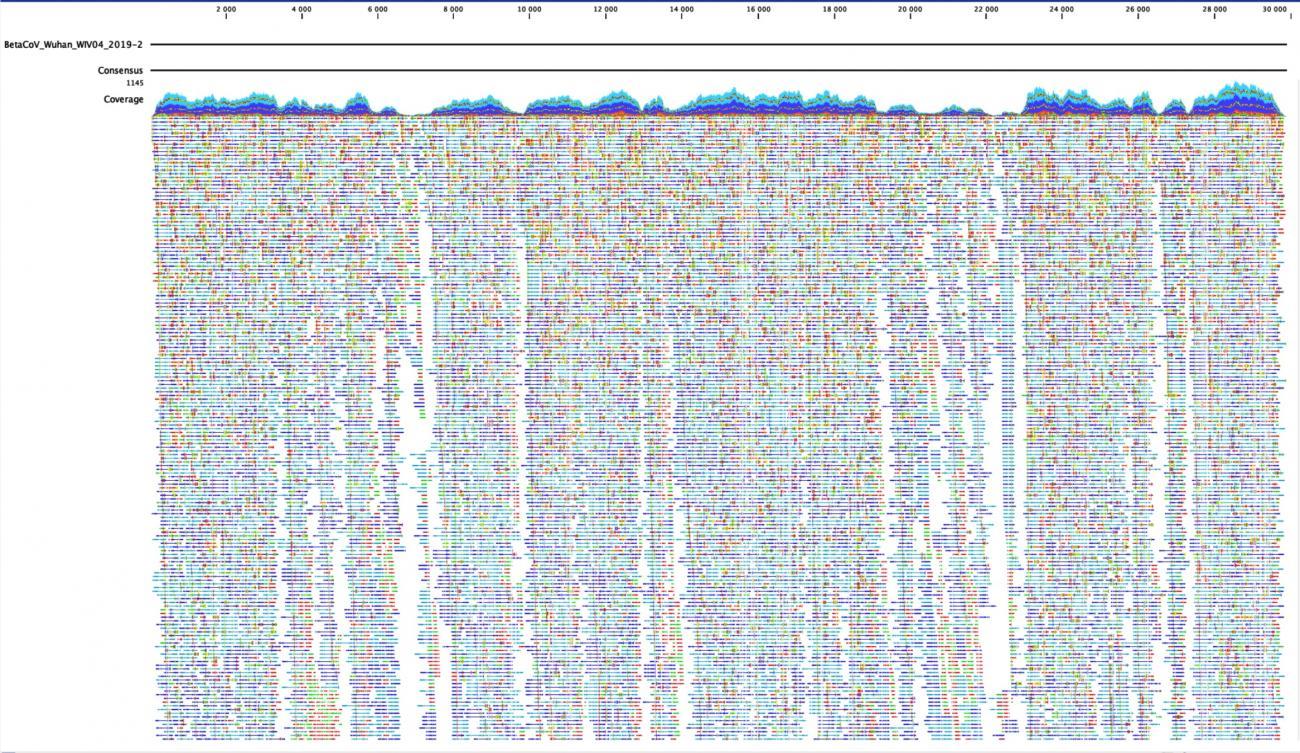
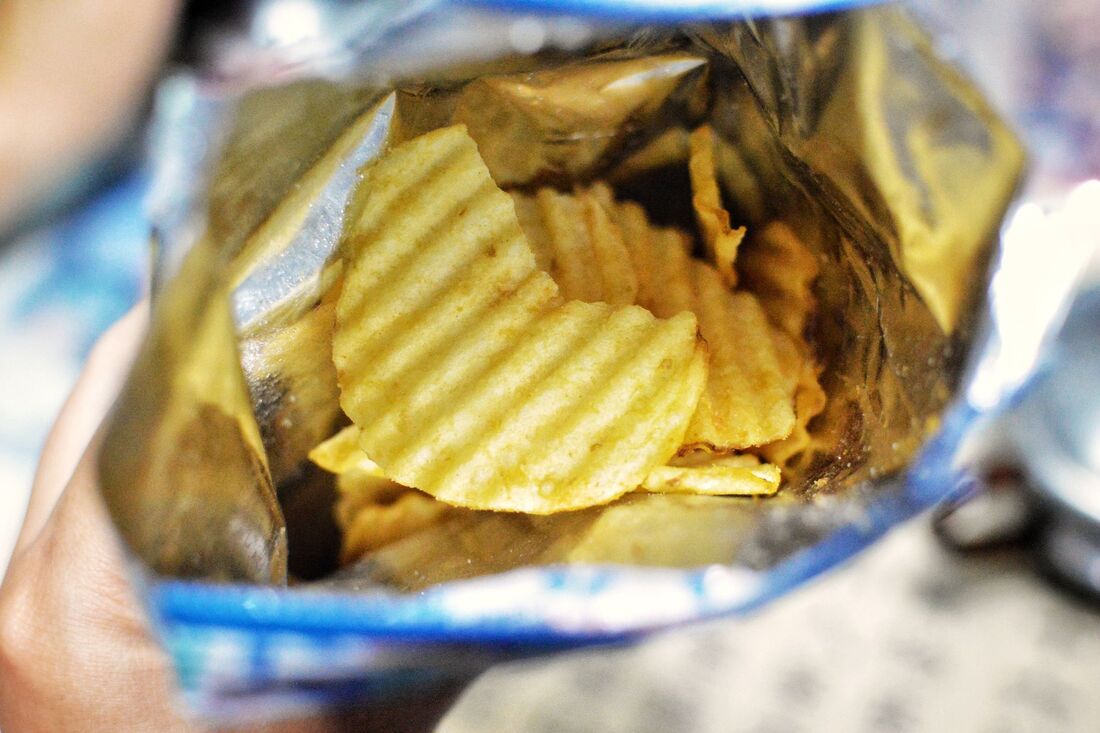
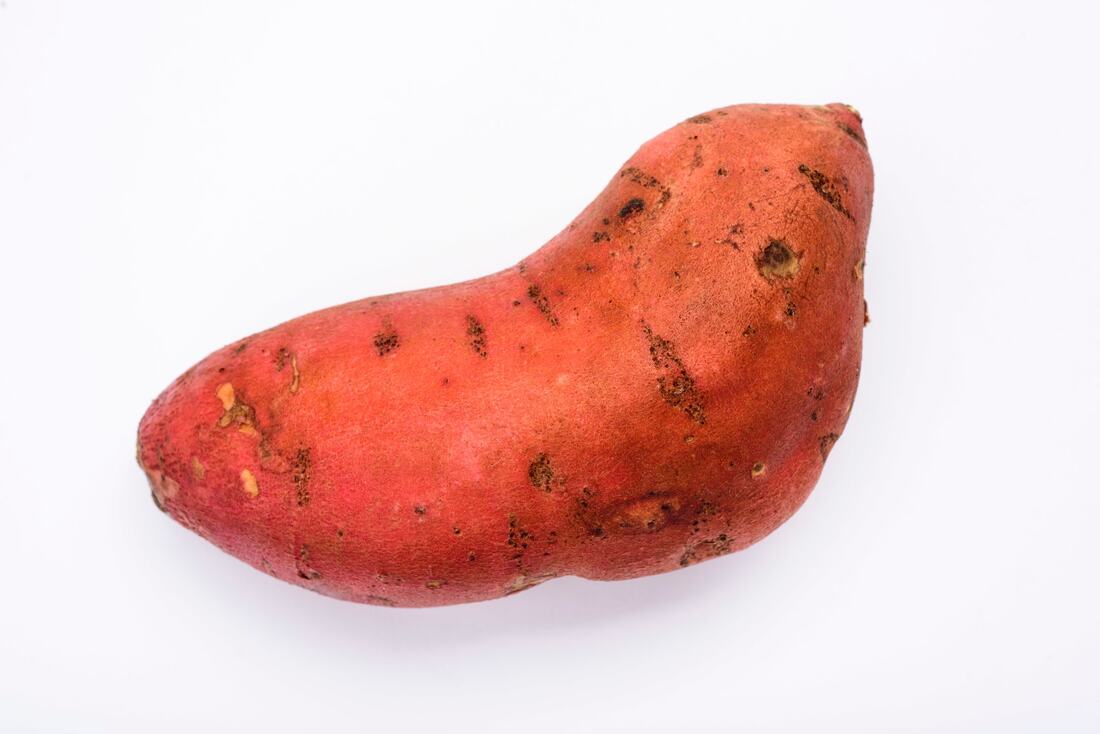
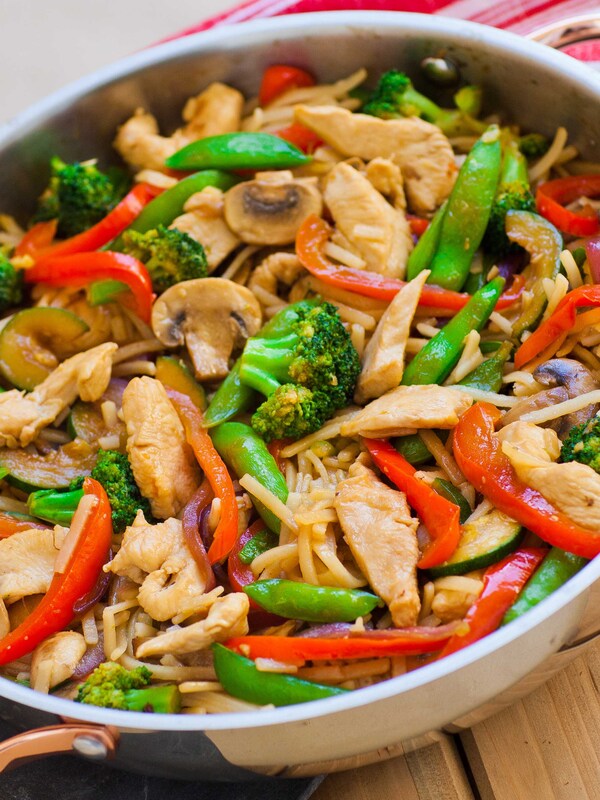
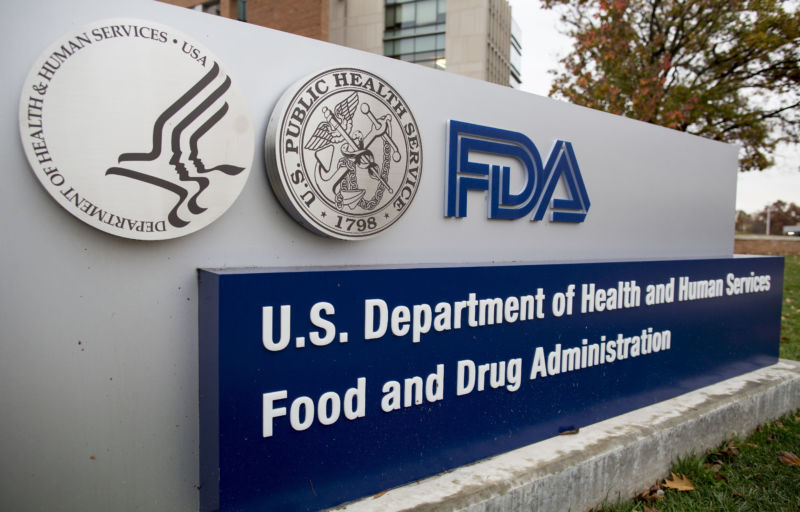
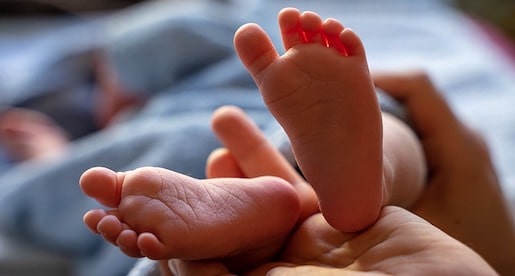

 RSS Feed
RSS Feed